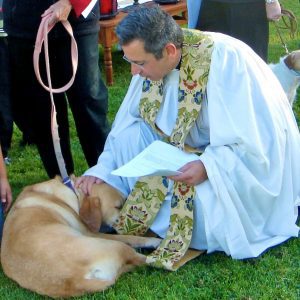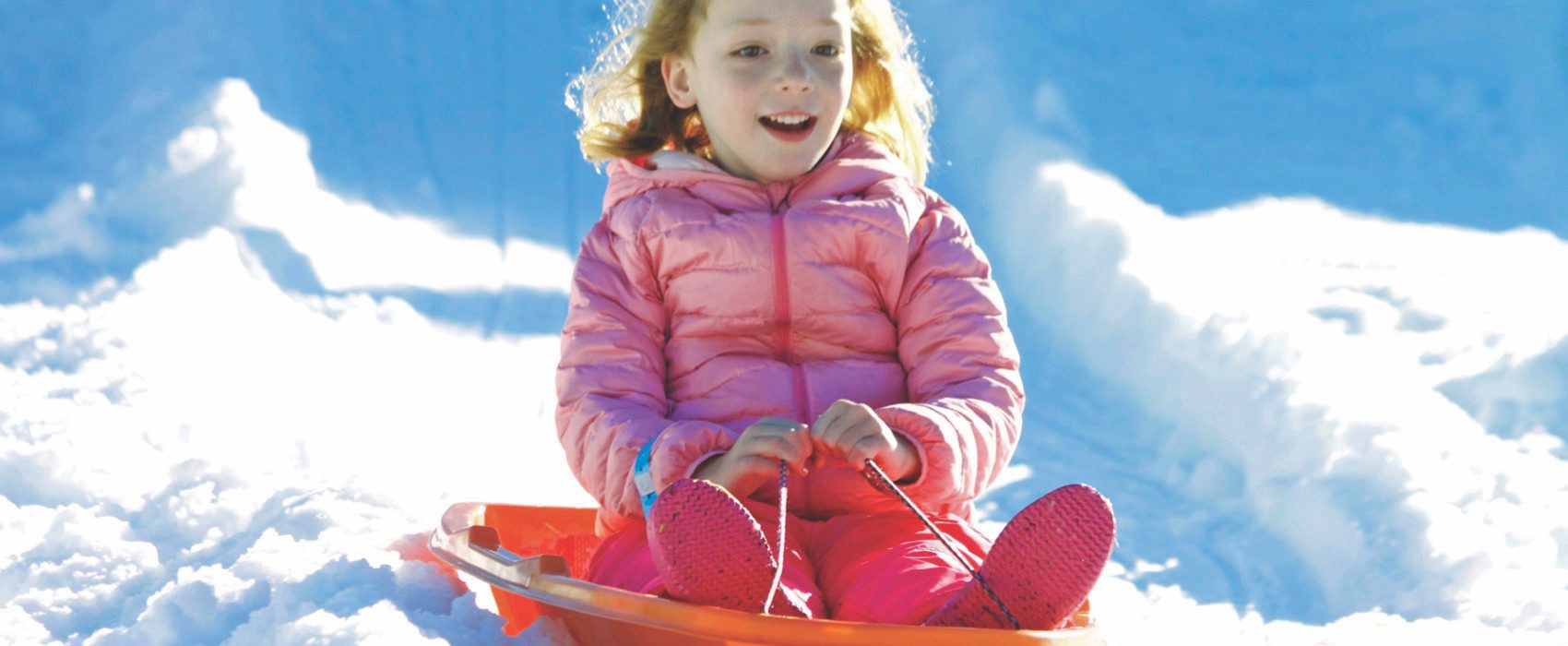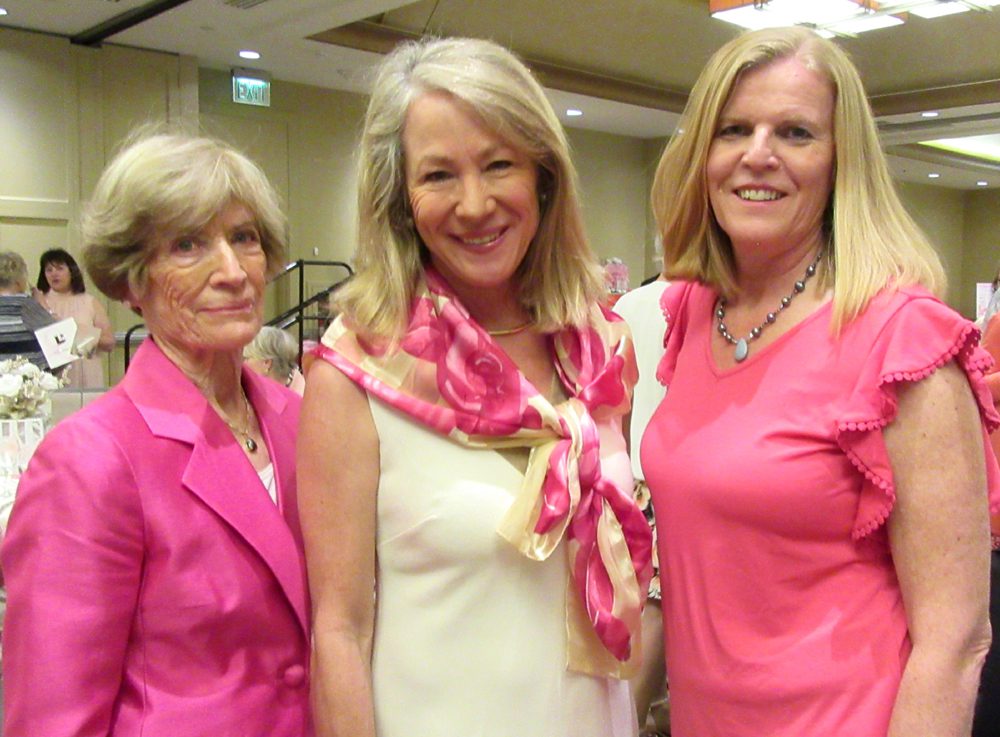By The Rev. Dr. Randall C.K. Day
Priest and Rector, St. Mark’s-in-the-Valley, Los Olivos
Is this a Christmas when no one gets what they want?
When I was a young child, my grandmother typically gave me underwear for Christmas, saying it was something I needed.
But who wants to get something they need for Christmas?
This Christmas, though, may be one when we get what we need.
One of the themes of our pandemic year is the confusion of what we want and what we need. For many, the crisis of 2020 has been not getting what we want.
But not getting what we want may be the best Christmas. It may be the Christmas when we share most closely the experience of Jesus and the Holy Family — and all of the familiar characters in the Christmas story.
For Jesus, Mary and Joseph, Christmas was a disruption of their normal lives. They lost contact with family, friends and neighbors. The shepherds lived on the margins. Even the Magi, with their valuable gifts, moved through unknown territory. Christmas, for everyone, was being in harm’s way, being threatened by scarcity and the events of the day. They were dealing with uncertainty.
A new community formed at Christmas, not based on affinity, not curated for pleasure, but to hear what needed to be heard and to do what needed to be done.
They heard that enduring, unconditional love undergirds all life on earth — not wealth, not power, not preference, not dogma, not even safety.
What needed to be done was welcoming that love into actual human lives that are vulnerable, that live and suffer and die.
In a recent interview, the evolutionary anthropologist Augustín Fuentes speaks of love saying, “it is this deep, whole investment in another or others: in other humans; in ideas; in commitments. To love is to take this incredible human capacity for bonding and attachment and apply it wholly and forcefully.”
What if we get the gift of loving wholly and forcefully this Christmas? That’s what Christmas really is: love that is central to creating change, love that is public, not private, love that reshapes economic and social inequity, love that is at the heart of every human who wants what is really real (even for those who want much less).
So giving up (or having taken away) the wants that usually divert and distract us, accepting the disruption and limitations of this Christmas, may be what we humans all over the globe need, not like other basic needs, not just getting underwear instead of a toy, but need in order to sustain our human species, to sustain the environment, to thrive as a whole creation, the original gift, not only of Christmas, but of God.
Is this a Christmas when no one gets what they want? Or is this the Christmas when we all get what we most deeply want, not only for ourselves, but for everyone else as well, world changing love.








